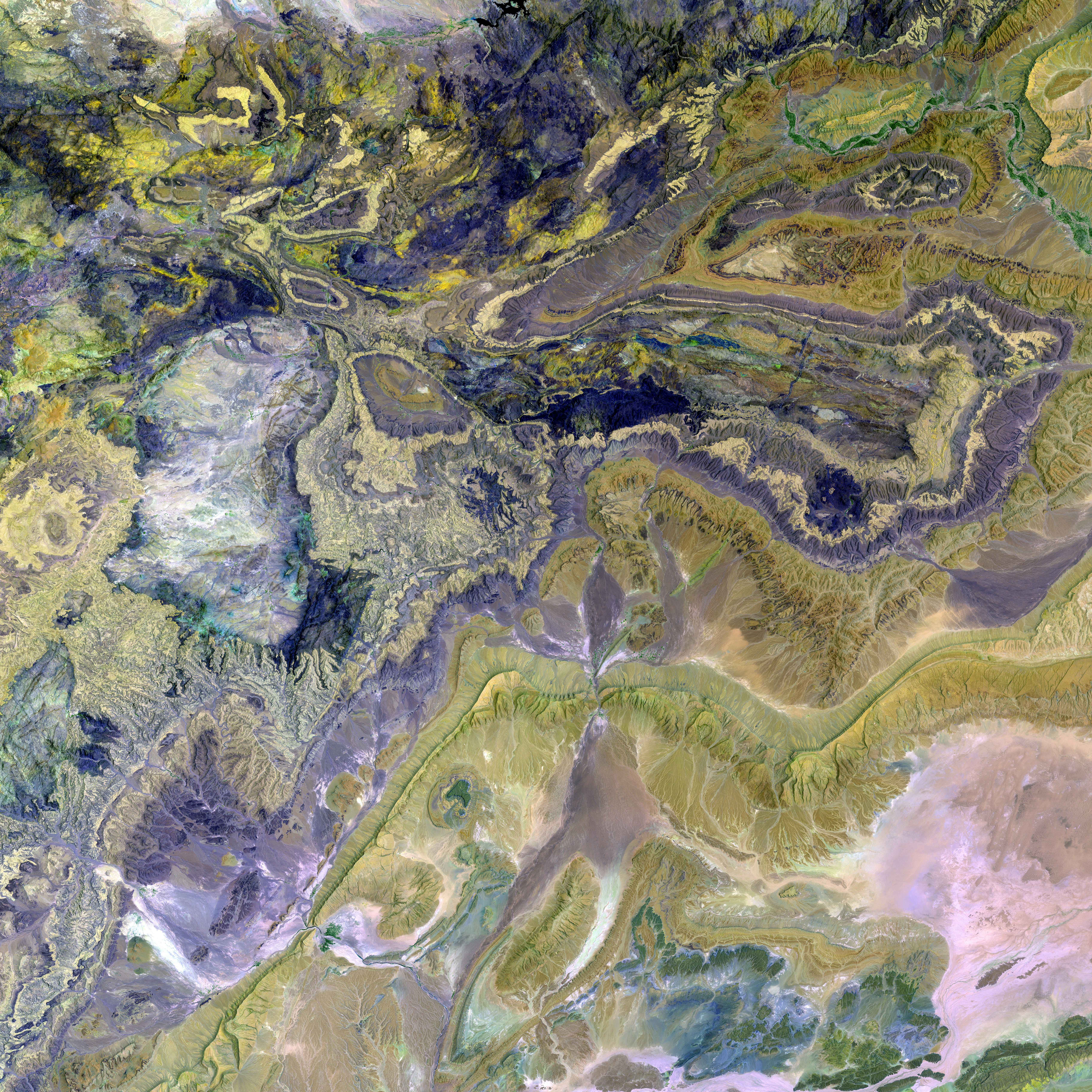In the Four Weeks Post Germany's 2025 Federal Election: CDU/CSU and AfD Clash in the Bundesparlament
A Shift in Germany's Political Arena
- Political Trend Barometer
- Bundesparlament
- Germany's Federal Government
- Financial Package
- AfD
- CDU/CSU
- Post-Election Analysis
Election Impact and Party Standings
- CDU/CSU's Winning Streak: The CDU/CSU alliance reigned supreme in the Bundestag with a hefty 28.5% of the vote, securing their place to guide the upcoming administration. However, due to a lack of a clear majority, coalition negotiations are requried [2][3].
- AfD's Surge to Second: The Alternative for Germany (AfD) astoundingly doubled its vote share, hitting 20.8%, pushing it into the runner-up position. This meteoric rise indicates a shift towards more radical viewpoints among certain voters [2][3].
Coalition Talks and Government Formation
- CDU/CSU-SPD Alliance: Despite various disagreements, the CDU/CSU is on track to ally with the SPD, with coalition talks in full swing. Their goal is to conclude negotiations by Easter [1][4].
- Involvement of Other Parties: The Green faction initially faltered with respect to supporting key legislative issues but ultimately agreed to terms like a €100 billion allocation for climate measures from a €500 billion infrastructure fund [2][5].
Legislative Advancements
- Spending Bill Approved: The Bundestag OK’d a transformative bill to escalate defence and infrastructure investments by modifying fiscal regulations. Encompassing a €500 billion investment fund for infrastructure, this act allows for greater military spending above 1% of GDP, exempt from the "debt brake" [4][5].
- Bundesrat Vote Pending: The bill is now under review by the Bundesrat, with expectations of approval [4][5]. This move indicates a striking departure from Germany's historical fiscal prudence.
Political Landscape and Complexities
- A Fragmented Political Climate: The election underscored a fraught political landscape, with the mainstream weakening and radical parties solidifying their presence. This state of affairs presents obstacles for effective governance and coalition sustainability [3].
- Economic and Security Threats: The emergent administration encounters significant economic hurdles, including spurring growth and addressing security concerns amid a rapidly evolving geopolitical scenario [4][5].
Political Landscape Shifting: AfD Narrowing Union's Lead (Video) - Indicator:Union Pulls Ahead of AfD in Popularity Trends
Community policy discussions in the post-election landscape may focus on addressing the political division revealed between the CDU/CSU and AfD, with a particular emphasis on vocational training initiatives to help integrate the rising number of AfD voters into the employment market.
A recent NTV poll suggests that the trendbarometer among federal constituents shows growing support for comprehensive vocational training programs, which could potentially bridge political gaps and build stronger communities.
Given the dominance of the CDU/CSU and AfD, along with the potential formation of coalition talks with the SPD, Green, and others, it is essential for the federal government to consider incorporating vocational training as a priority in their policy agenda moving forward.







